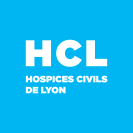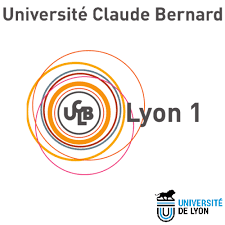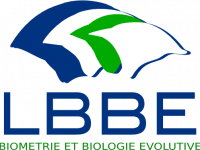meta|Evidence - COVID-19
Living meta-analysis and evidence synthesis of therapies for COVID19
In domains of intensive therapeutic research, such as in COVID-19, the exploitation of the produced evidence for the development of therapeutic strategies is being confronted to several types of problems. These problems cover the profusion of results, the existence of contradictory results due, among others, to the lack of statistical power of certain studies, the heterogeneity across study quality and the possibility of selective publication of results (and publication bias).
A common solution to these problems is a systematic review and meta-analysis. However, in contexts of intensive research, the classical meta-analytic approach poses itself new problems. The time needed to complete them plus the time required for the publication (reviewing) leads to the fact that many published meta-analyses are already outdated on the day of their publication. Quite frequently, several meta-analyses on the same subject are published, leading to a new profusion of potentially contradictory results.
Some of these problems can be solved by shifting from the traditional approach based on scientific publications to a dynamic approach in which meta-analysis are continuously updated as new results become available, and with a direct online access to theirs results. With this virtualization, metaanalyses take the form of knowledge bases, accessible online, continuously updated according to a pre-established methodology in full compliance with the principles of meta-analysis. This paradigm shift leads to the replacement of the traditional scientific publication as the medium for disseminating evidence by a completely new ecosystem.
www.metaEvidence.org – COVID19 is an emerging online resource that provides direct access to all the results about efficacy and safety of potential drugs for COVID-19, annotated by their risk of bias and synthesized by meta-analysis.
The underlying knowledge base is populated by scientific biocurators who supervise automatic tools based on artificial intelligence algorithms. These proprietary robots search trials on bibliographic databases; perform scientific watching in search of new results by monitoring RSS feeds of journals and tweeter for example, and give assistance for data extraction.
The online interface, www.metaEvidence.org, allows the user to navigate interactively through the large number of results produced by the studies and to obtain a synthetic view. This project implements the concept of scientific biocuration, developed more than 10 years ago in the field of genetic among others, to the field of treatment evaluation and health technology assessment.
Biocuration is carried out continuously. New results are integrated as they become available, within a target time of less than 24 hours. Thus, unlike the classic meta-analysis publications, this system provides access to a evidence synthesis constantly updated in real time. MetaEvidence is the result of the research work of the meta-research and biocuration team of the Pharmacology and Toxicology Department of the university hospital of Lyon and the University of Lyon (UMR CNRS 5558 LBBE). This project implements the concepts of intensive biocuration and meta-analysis automation.
This project does not directly produce practice guidelines. It is intended for health professionals and decision makers who develop these recommendations. metaEvidence.org provides to concerned people the up-to-date evidence synthesis needed to develop treatment strategies and practice guidelines.
This project is supported by a grant of the French Ministry of Health (Hospital Clinical Research Program, PHRC-N) and self-funded by Hospices Civils de Lyon, CNRS UMR5558 LBBE University Lyon-1.

|

|

|
-
About
-
Our approach
-
Credits
Made with in Lyon
-
Contact us
-
Privacy policy
-
